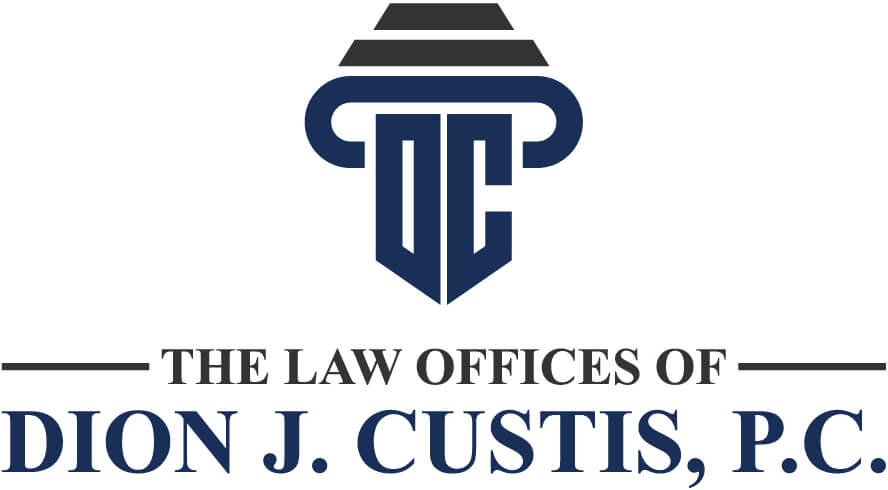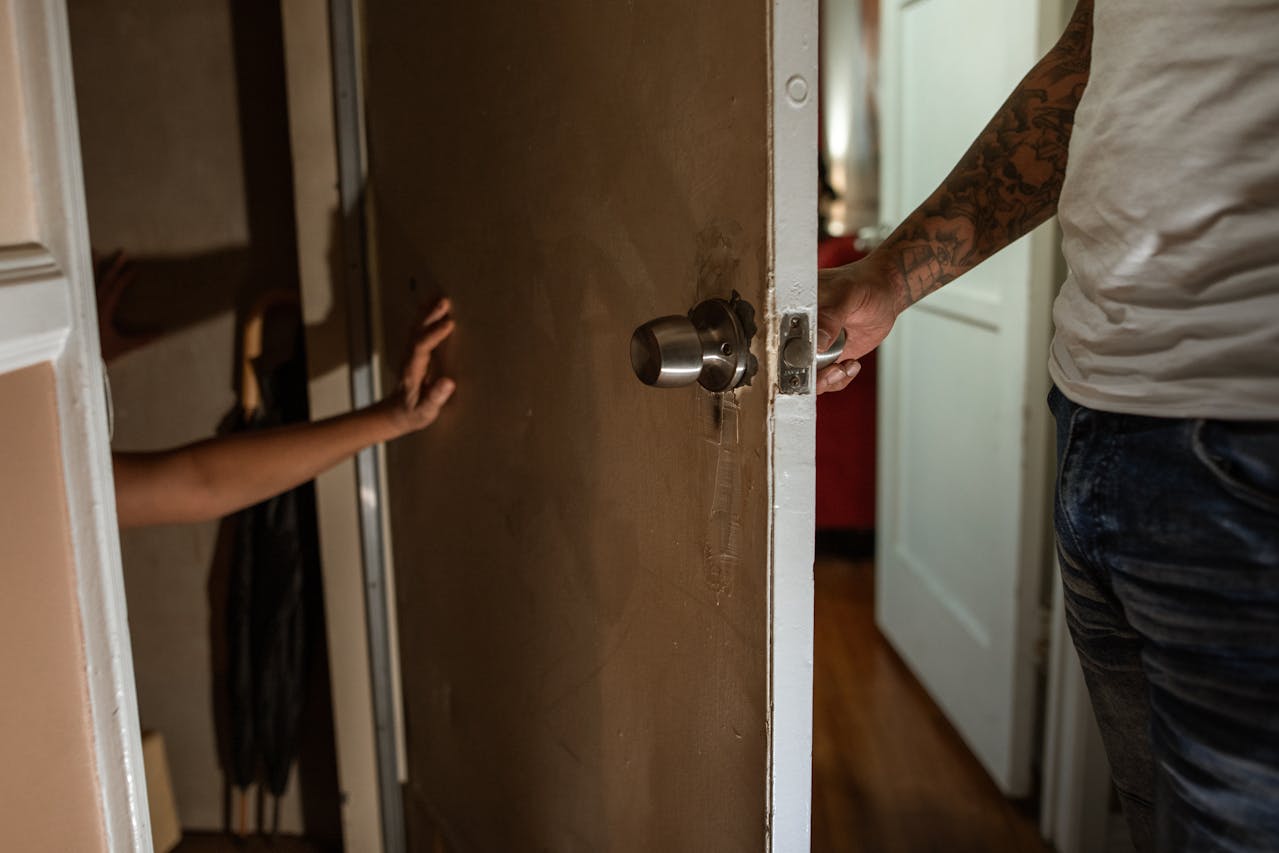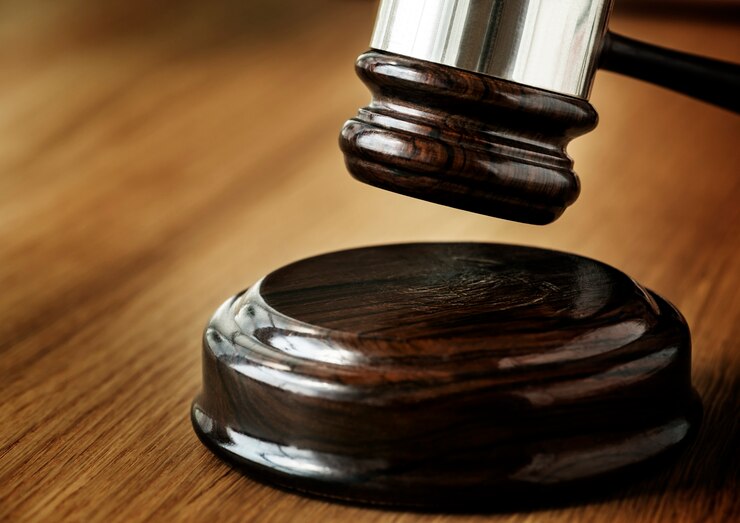Sexual assault charges can have long-lasting, devastating consequences, even before a conviction takes place. The mere accusation of a sexual offense can result in personal, professional, and social ramifications, regardless of the case’s outcome or the legitimacy of the charges. Given the severity and sensitivity of these allegations, it is essential to understand the intricacies of Wyoming’s laws, regulations, and legal processes relating to sexual assault cases. Armed with this information, those facing such charges can better navigate these formidable challenges, defend their rights, and protect their reputations.
In this comprehensive guide, we will delve into the key aspects of sexual assault cases in Wyoming, encompassing the different types of sexual offenses, potential defenses, and legal strategies that can be employed in building a robust case. Our experienced team at Law Offices of Dion J. Custis, P.C. is well-equipped to handle the unique complexities and delicate nature of these allegations, providing unwavering legal support, guidance, and representation to help safeguard your future during these trying times.
Wyoming’s sexual assault laws cover a range of offenses, including rape, statutory rape, sexual battery, and other non-consensual acts, all of which can result in harsh penalties. The potential consequences of a conviction include imprisonment, fines, mandatory registration as a sex offender, and the social stigma associated with being labeled a sexual predator. Consequently, it is crucial to develop a thorough, well-reasoned defense strategy that anticipates not just the legal challenges but also the emotional and reputational pitfalls inherent in these cases.
Understanding Wyoming’s Sexual Assault Laws
Wyoming law classifies sexual offenses into various categories, each with its own elements and potential penalties. Familiarizing yourself with these classifications is fundamental to understanding the charges and developing an effective defense strategy:
1. Sexual Assault in the First Degree: This offense occurs when one person deliberately subjects another person to non-consensual sexual penetration, often accompanied by aggravating factors such as the use of a deadly weapon, serious bodily injury to the victim, or kidnapping. Convictions carry severe penalties, including lengthy prison terms.
2. Sexual Assault in the Second Degree: This charge involves non-consensual sexual contact that does not rise to the level of penetration. This offense also considers aggravating factors, such as the use of force. Penalties can include imprisonment and fines.
3. Statutory Rape: Statutory rape refers to consensual sexual activity with a minor who is below the age of consent, currently set at 16 in Wyoming. Depending on the age difference between the parties involved, penalties can range from misdemeanors to felonies with varying sentences.
4. Sexual Battery: Sexual battery involves non-consensual touching of another person’s intimate parts. This offense can result in fines, imprisonment, or both, depending on the circumstances.
Exploring Potential Defenses Against Sexual Assault Charges
Developing a robust defense strategy is crucial in combating sexual assault allegations. Tailoring the defense to the specific facts and circumstances of each case is vital. Common defense strategies include:
1. Consent: Consent is often a key issue in sexual assault cases. If an accused person can demonstrate that the alleged victim provided a consensual agreement to the act, it may serve as a viable defense.
2. False Accusations: Unfortunately, false accusations of sexual misconduct are not uncommon. Presenting evidence that undermines the credibility of the accuser or challenges the accuracy of their claims can be an effective defense strategy.
3. Mistaken Identity: In some cases, the accused person may have been misidentified as the perpetrator of a sexual offense. Demonstrating that the accused was not the individual responsible for the alleged act can be a powerful defense tactic.
4. Insufficient Evidence: Prosecutors must prove the defendant’s guilt beyond a reasonable doubt. If the defense can show that the evidence presented is insufficient to meet this burden, charges may be reduced or dismissed entirely.
Navigating the Trial Process and Facing Potential Penalties
The trial process in sexual assault cases can be intimidating, emotionally charged, and complex. Preparing for various stages of the process allows for better adaptability and anticipation of challenges:
1. Pretrial Proceedings: During the pretrial phase, a skilled attorney can file pretrial motions, attempt to suppress evidence, negotiate plea agreements, and prepare for trial.
2. Jury Selection: Careful jury selection can significantly impact the outcome of the case, as it is crucial to identify jurors who can be objective and fair in their assessment of the evidence and testimony presented.
3. Trial Presentation: A well-prepared defense strategy, including anticipating the prosecution’s case, presenting persuasive evidence, and questioning witnesses effectively, can be a crucial factor in the trial’s outcome.
4. Sentencing: In the event of a conviction, the defense can present mitigating factors and argue for leniency in the sentencing process, potentially lessening the severity of penalties imposed.
Supporting the Accused Through the Emotional Toll of Allegations
Sexual assault allegations undoubtedly take an emotional toll on both defendants and their families. Offering support during this challenging time is an essential aspect of successfully navigating these challenging cases:
1. Emotional Support: Recognizing the emotional impact of such allegations and providing empathy, understanding, and non-judgmental support can facilitate a sense of resilience and strength.
2. Reputation Management: Addressing the negative impact on the accused’s reputation warrants attention and strategic planning, such as proactively countering harmful narratives and mitigating potential damage to personal and professional relationships.
3. Family Support: Ensuring that the accused’s family members are well-informed and emotionally supported can contribute to a more resilient defense as it fosters cohesion and mutual understanding.
Expertly Defending Your Rights and Future
Facing sexual assault allegations is a daunting and emotionally challenging experience. By enlisting the assistance of a skilled and compassionate legal team like ours at Law Offices of Dion J. Custis, P.C., you can be equipped with the knowledge, strategies, and support necessary to defend your rights, protect your reputation, and minimize the potential consequences of such accusations.






